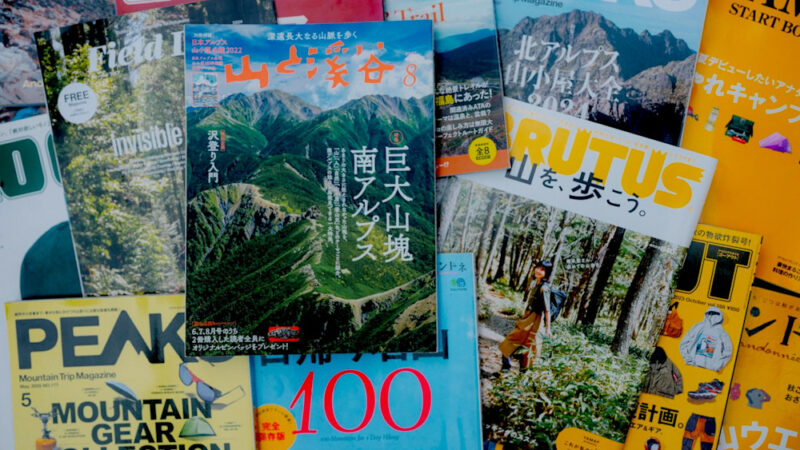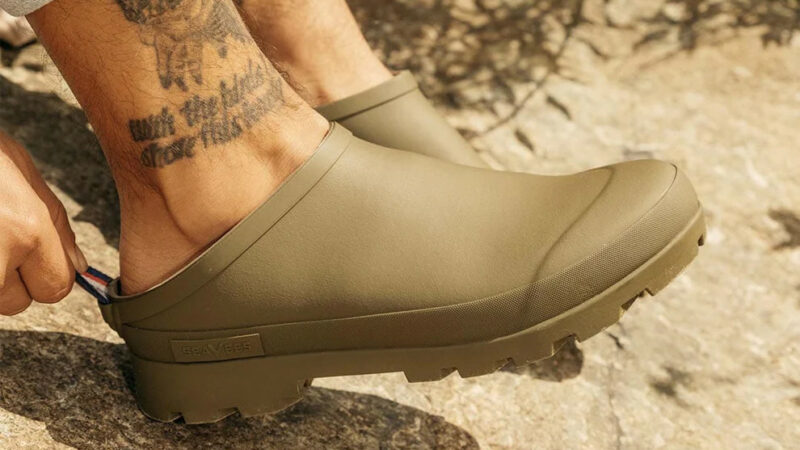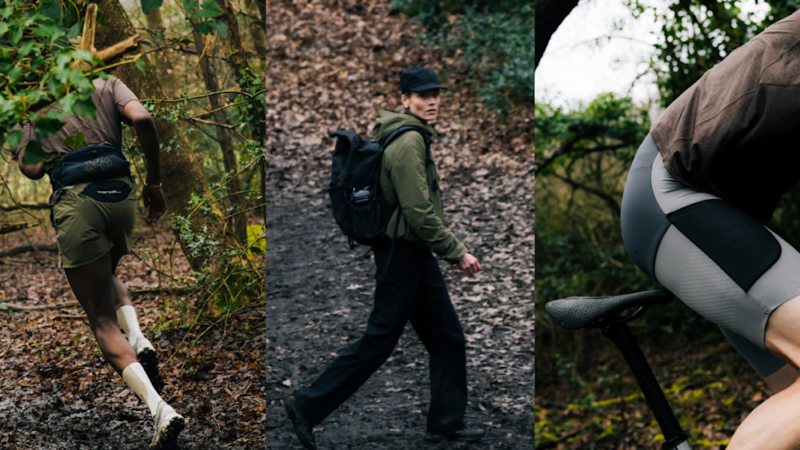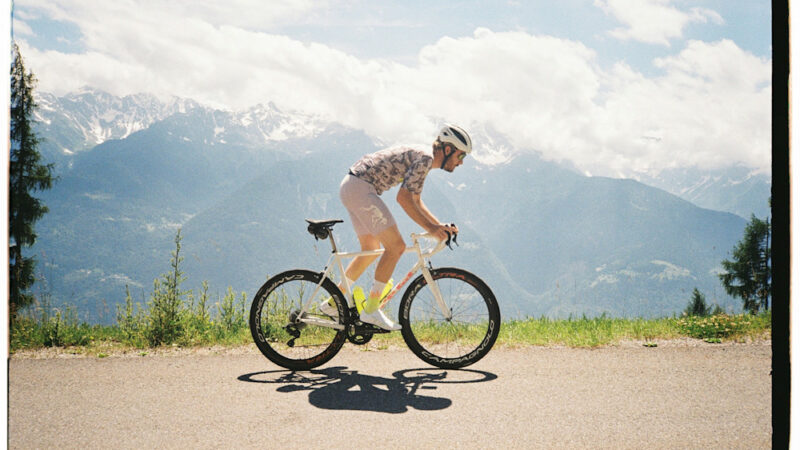The Top Trends in Outdoor Apparel to Watch Right Now
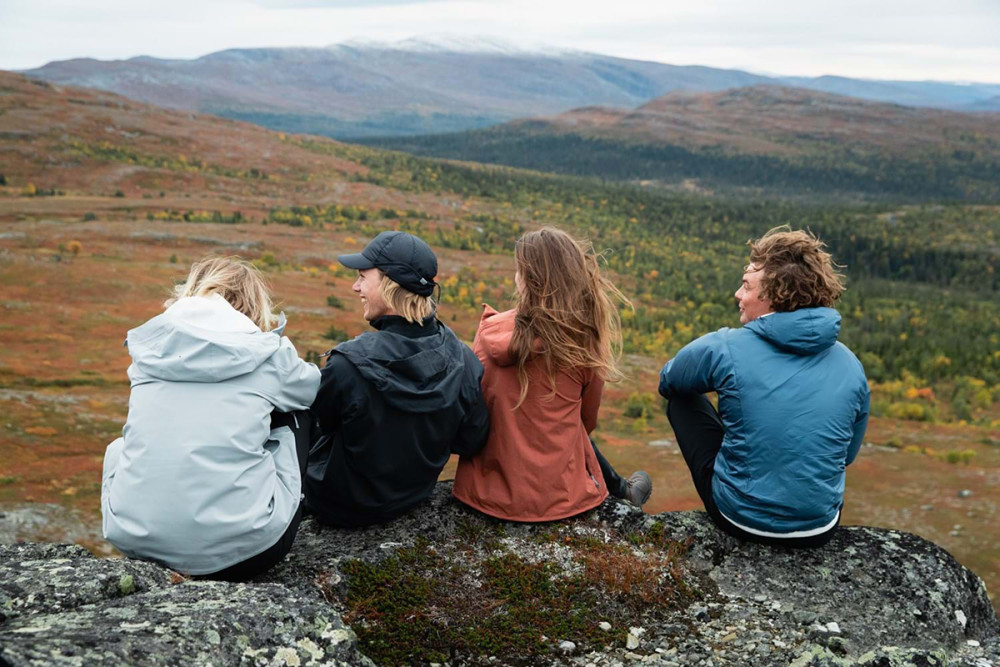
10 Sustainable Outdoor Clothing Brands Leading the Way
Houdini
Swedish outdoor outfitter Houdini is the first brand I think of when it comes to sustainability for their long standing use of low-impact fabrics, timeless design philosophy, and commitment to greener manufacturing practices. The women-run brand was among the first brands to introduce the concept of circularity in outdoor apparel, and have sustainabilty so ingrained in their brand that it’s rarely mentioned in marketing materials. Houdini practices this through its reuse marketplace and rental stores, as well as a concept store in Stockholm called Houdini Circle where you can repair, resell, and buy.
Patagonia
Considered one of the beacons of sustainability, Patagonia has a multi-tiered approach: using responsible materials; working with Fair Trade Certified factories; reducing their carbon, waste, and water footprint; and including social responsibility in the conversation. This year, the brand reset its Quandary line of shorts and pants with a new design and recycled fabric called Bureo NetPlus along with a little fabric patch behind one of the pockets. “While we build everything to last, we know things happen,” says Jess Rogers, Global Product Line Director of the trail run and hike categories. “It’s kind of like a repair party in your pants. We’ll also take them back and repair if needed, but we’re excited to empower our community with this skill set out in the wild.”
Outerknown
Regarded more for its surf and lifestyle apparel, Outerknown is on the list as proof that hiking doesn’t have to be hardcore. Appropriate apparel can simply be a Slub Tee made of 100% Regenerative Organic Certified cotton or Sun Shirt made of 100% recycled polyester.
This winter, the brand is launching a new natural wool fleece jacket called the Woolaroo, says Moore. “The industry largely relies on polyester for fleece items, but wool has natural advantages: it’s breathable, odor-resistant, quick-drying, and wind-resistant—ideal for a post-surf hike.” Wool sheds just like synthetic-based materials, but it’s “a natural fiber that will break down, rather than contributing to the plastic pollution problem,” he adds.
Superstainable
“The Ozone depletion is at a higher value with virgin polyester,” according to Superstainable’s study of plastic-based fibers. This Danish brand founded in 2016 measures environmentalism with performance outdoor gear. Most products use eco-friendly materials, including Global Organic Textile Standard cotton, and it limits use of chemicals and water in production. Not only do they investigate their own products for sustainable improvements and make their findings public, the brand also shares advice for building a sustainable wardrobe, starting with washing less and using wool instead of polyester as your inner layer.
Jack Wolfskin
To transition away from PFAS is no easy feat. It requires a major overhaul of entire supply chains, a complex web of suppliers, contracts, products, timelines, and expectations. While some brands are just getting started, Germany-based Jack Wolfskin began its PFAS-free journey in 2012. Its internally-innovated Texapore Ecosphere provides weatherproofing in their hiking apparel, footwear, and packs without harmful chemicals. The brand is also aligned with Paris Agreement goals “to set and achieve five to ten years of near-term emission reduction targets before 2030.” Meaning, they have six years to go.
Pressio
Running apparel and hiking apparel blend together in one’s wardrobe, which is how UK-based Pressio landed on the list. The brand uses a balanced proportion of recycled and eco-friendly materials in tanks, tees, jackets, tights, and shorts. Dying is one of the more damaging aspects of garment manufacturing, so new technologies include EcoDye that uses 80% less water and chemicals and produces 62% less CO2—used by nearly half of Pressio’s current products.
Prana
Makring men’s and women’s apparel for hiking, yoga, climbing, and beyond, Prana focuses on using sustainable materials like organic cotton, hemp, and recycled wool, and ship all product in recyclable containers. They are also Fair Trade certified and are committed to sourcing 100% sustainable fibers by 2025.
Cotopaxi
Cotopaxi is a certified B Corporation and focuses on creating products using repurposed, recycled, and responsibly sourced materials. They also allocate a portion of their revenue to fight poverty and support community development initiatives, showing an intersectional approach to sustainability.
tentree
Though certainly more “lifestyle” than technical hiking, tentree earns a spot on the list for their dedication to planting ten trees for every product sold. The Canadian brand focuses on sustainability by using eco-friendly materials like organic cotton, Tencel, and recycled polyester. Their goal is to plant one billion trees by 2030.
Source: https://www.fieldmag.com/articles/sustainable-hiking-apparel-trends

